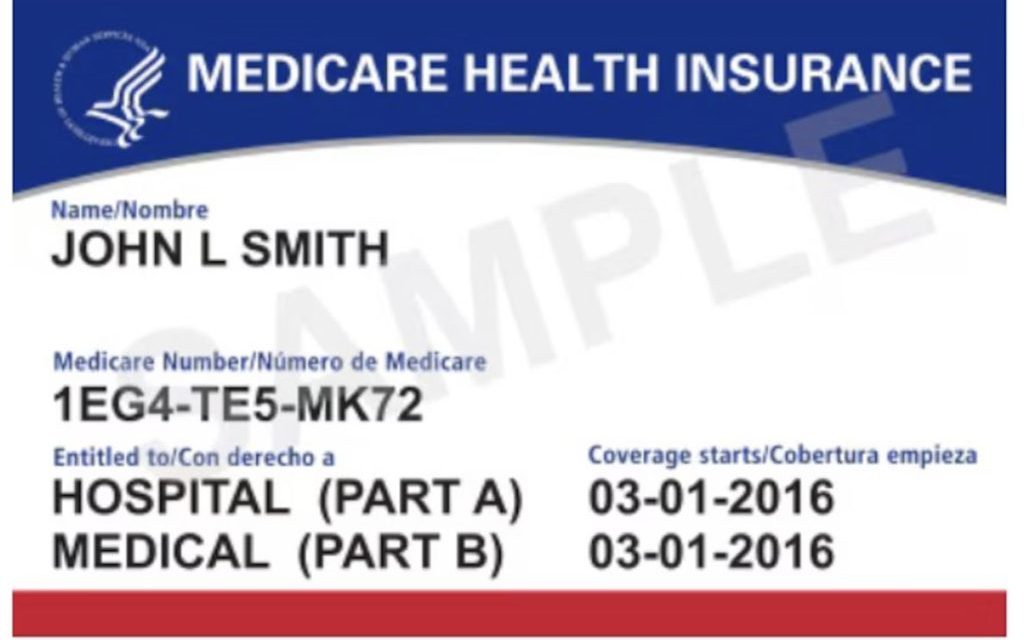By Leada Gore
Medicare’s open enrollment period is open through Dec. 7. But, as you compare your coverage options, federal officials are warning you to keep your eyes out for scammers looking to take advantage of any changes you might be making.
In a new alert, the Federal Trade Commission said scammers often pretend to be from Medicare or connected to Medicare to steal your money or personal information. They might contact you to say they need your Medicare, bank account or credit card number for a “new” Medicare card, officials warned, despite the fact that Medicare cards are sent free.
“Scammers might also say they need your Medicare number for a “medical equipment claim” you don’t remember making. That’s a scam, too. They want to file fake claims using your Medicare number,” officials said.
To protect yourself, the FTC recommends:
- Never giving your personal information to someone who contacts you unexpectedly, especially if they claim to be from Medicare. Medicare will never unexpectedly call, email, text or contact you via social media to ask for personal information like your Medicare, Social Security or bank account information. They also won’t try to sell you anything or try to charge you for a Medicare card. If they do, that’s always a scam.
- Don’t trust caller ID. Your caller ID might show Medicare’s name or phone number but that can be spoofed, or faked and the call could be originating from anywhere in the world. If you think the call could be real, hang up and call 1-800-633-4227 to check.
- You should protect your Medicare number like you do a credit card and only give it to healthcare providers, insurance companies or health plans or people you trust that work with Medicare.









